I’ve written previously about scams when it comes to email, or to your landline telephone. I’ve also written specifically on foreign currency rip-offs and why you should never exchange your hard-earned cash in an airport, for you’ll get monumentally ripped off.
So, you make it safely to your destination of choice, avoiding airport rip-offs, got yourself a good travel insurance deal, you even didn’t get ripped off with ridiculous car hire charges, and you’re now good to go, nothing to worry about. If only…
It’s a sad fact of life that there’s always someone out there just waiting to scam you.
Most of it takes place online these days, but good old-fashioned thieves and con artists are still out there. And they’re way more sophisticated than Fagin and his band of little boys.
Firstly, if wandering off the main streets, don’t make yourself a walking dollar sign. Fancy clothes, fancy phone all on display, you’re asking for trouble. Tone it down.
You don’t need to go off the beaten track to far-flung countries, relatively safe European destinations can often be hotbeds of thieving. And it’s in and around famous tourist landmarks that you’ve got to be super vigilant.
You may be busy looking at the Vatican, or the Eiffel Tower, but someone else may well be looking at that bag slung over your shoulder.
Its’s been a busy morning, you’ve been out doing the sights, you take a well-earned rest at an outdoor street café. You sit down, take that bag off our arm and lay it on the seat next to you while you check the menu. Moments later you turn – and your bag has gone.
This is a classic and happens often. And bag gone means wallet, phone, camera, maybe even your passport.
My advice? Always put a strap of your bag around an arm or leg of the chair, then it can’t be snatched. Thieves are mostly opportunistic and if they spot your bag wrapped round a chair, they won’t even bother you, they don’t need the hassle. They’ll move on to an easier target.
Certain street crimes are specific to individual countries, but here’s a few that are commonplace the world over.
Remember what we were told by our parents and school teachers? “Never talk to strangers.” Well, this gold-plated advice still applies in adulthood, albeit for different reasons.
“Over-helpful locals”. I’m not talking about an everyday polite, genuinely friendly person; I mean anyone who befriends you quickly.
It could be sitting outside a bar, in a small shop, while walking, anywhere really. They will be super friendly very quickly and offer you advice or help. You don’t need this, you don’t want this in your life.
Say a polite “no thank you” to whatever it is, and walk away. If they don’t leave you alone, then tell them, again politely but firmly, that you’ll call the police. Chances are, they’ll be gone.
On the point of calling for help, it’s vital when abroad to have the phone number of the nearest British Embassy in your phone’s memory.
With regard to nice, helpful locals, you could be thinking: “Oh, but they’re just being nice and telling me where I should visit next, or they offered to call me a taxi.”
Possibly, for there are good people out there. But it’s just not worth it. Don’t be a statistic.
Remember, you are under no obligation to be “nice” to some random stranger who refuses to leave you alone when asked.
Every time a stranger in a market, bus or at a train station terminus, calls me “friend”, my spider senses start to tingle. Taxi offers, accommodation offers, guide offers, find me a “nice girl” offers, I’ve had them all.
Regarding any situation you may find yourself in abroad, it’s worth remembering the following. !If an offer sounds to good to be true, it usually is.”
Taxi drivers. Sorry, but it has to be said, abroad they are often the biggest scammers going.
I’ve had numerous encounters with them, from Uzbekistan to Jordan to Ukraine. Each country is different, as in some you should always pay by the meter, whilst in another you should never pay by the meter as it’s usually rigged.
Do your research beforehand and pay accordingly.
If at all possible, best not to hail a cab on the street, way more chance of getting ripped off. Ask the hotel receptionist to call you a reliable one instead. Far safer. And always be on your guard when you arrive at a strange airport, especially at night. Taxi drivers in some countries are notorious for ripping off tired, gullible tourists.
And lastly, if a taxi driver, off his own back, ever says that he’ll take you to a great place to buy souvenirs, always decline, for it’s usually a scam where he is in cahoots with the shop owner and gets a commission, while you get over charged for said gift.
Be vigilant in and around bus stations, metros or trams, especially when buying a ticket. Often scammers hang around there just waiting for the right moment.
Sure, the nice man speaking English just helped you buy a ticket and he asked for nothing in return. However, it’s not until later that you discover your wallet or purse missing from your bag.
No, not the nice helpful man who helped you buy a ticket, his accomplice who was standing behind you, unnoticed. Classic distraction technique.
Saying no and walking away from the average “over-helpful local” who wants to be your new best friend is 99% of the time more than enough. But if you’re ever in the unfortunate position of being actually robbed, don’t argue or reason or fight. Just hand over your cash or bag or whatever it is they want. Your life is way more important than any physical thing.
“But my passport is in there,” I hear you say.
Ah, but you’ve already been clever enough to have made two photocopies which are safely in your case back at your hotel. And with that phone number of the UK embassy you wrote down, you’re in a prime position to get an emergency passport ASAP.
A really difficult one this, and I experienced it in Morocco in a market. A man approached me with a disabled child, aged around 10, but wearing nappies. The “father” said he needed money for his son, who was ill and they can’t afford medicine.
He followed me for a good half an hour with severely disabled son in tow. I was actually distressed. He may well have been genuine or it all part of a scam. I don’t know. I did eventually hand over a fistful of local coins just so he would leave me alone.
Be very wary of such an incident. It tugs at the heart stings, and it’s meant to. Always remember, if you fall for whatever story you’ve just been told, your mind is focused on that, you’re distracted. Meanwhile, there could be others around who are focused on your bags, or you.
Avoid beggars. While some will be genuine, it’s often a scam that’s organised and rakes in a heck of a lot of money. And not for the kid on the street, but those running the business and taking the profits. Give if you want, but be aware.
Also, never accept a “free gift”, for example of a single flower from a woman on the street. You’ll then be followed, sometimes aggressively and asked to pay.
I love local markets the world over. Great places to visit: in amongst the locals, getting a feel for the place. But it’s also a great place to get scammed, or ripped off. Again, be wary of obvious pickpockets, but also about being over charged.
Do you really think the price of that necklace is the same the seller would charge a local? Probably not, so be prepared to haggle him down. If he doesn’t budge, then just smile and walk away – chances are he’ll call you back in seconds with a much lower price.
Stopped by the police for no apparent reason? Ask yourself calmly, are they real police? Fake police are big business in some countries.
Ask to see a badge, a name and jot it down. If they are genuine police, they won’t mind one bit. However, what if they say you’ve broken some local law and should pay them a fine?
Don’t! Keep calm, take out your phone and tell them you’ll call your embassy. They’ll soon be gone. This has happened to me countless times over the years, especially in Russia. But it can happen anywhere.
If you’re off on a package holiday to somewhere safe in the EU, or Florida or such like, you probably won’t encounter any of the above.
That said, pre-warned is always good.
Be street savvy.
Wherever you’re off to on holiday this summer, enjoy – and stay safe.
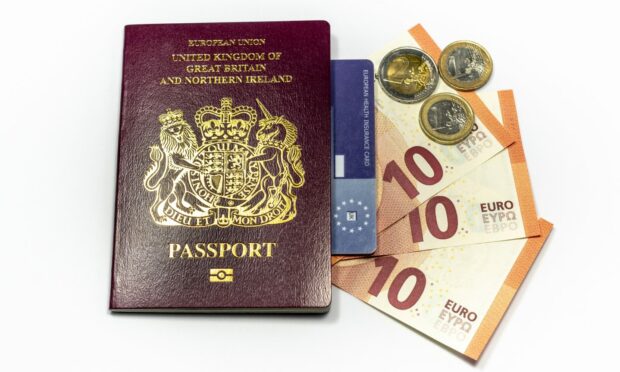
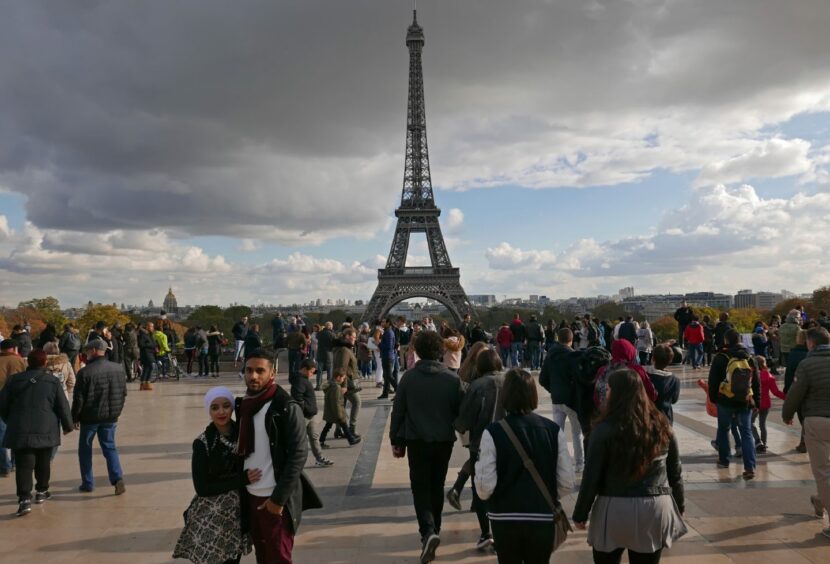

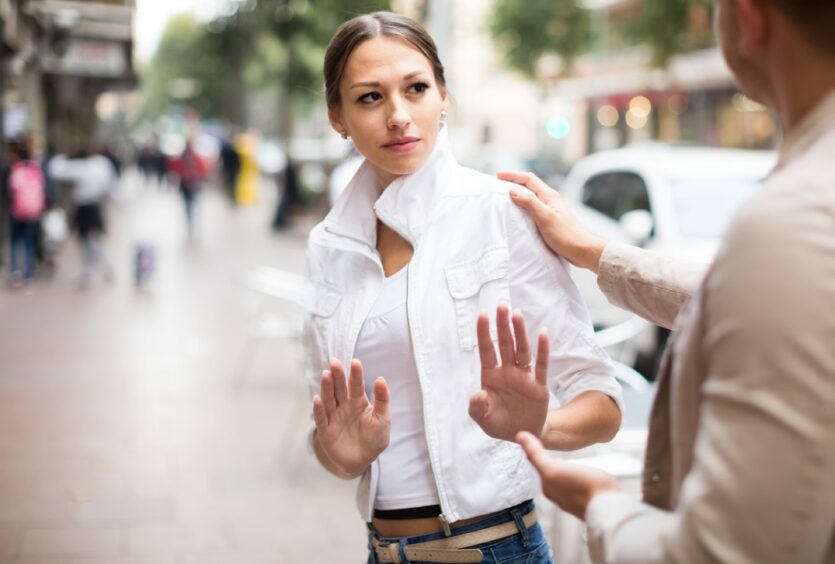
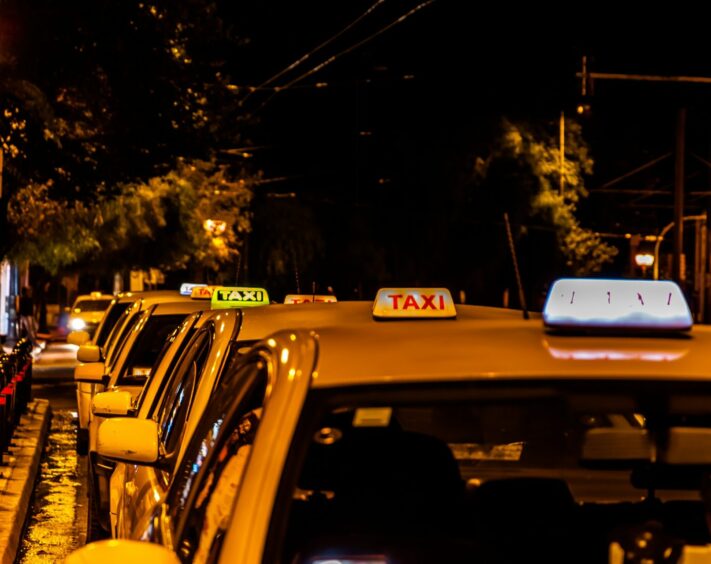
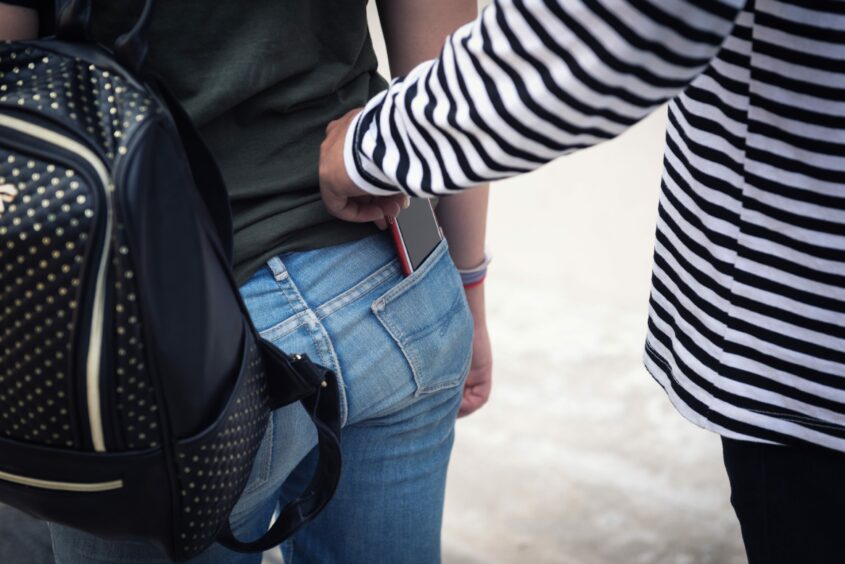
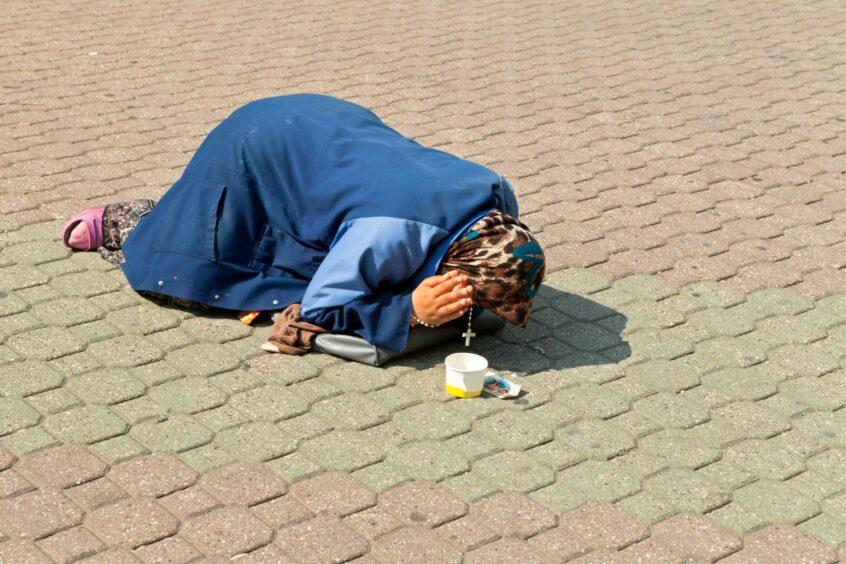
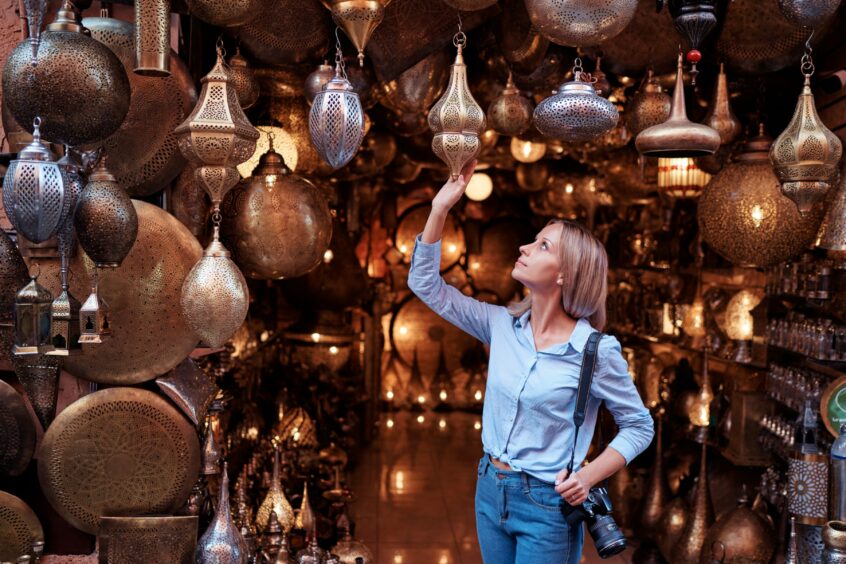
Conversation